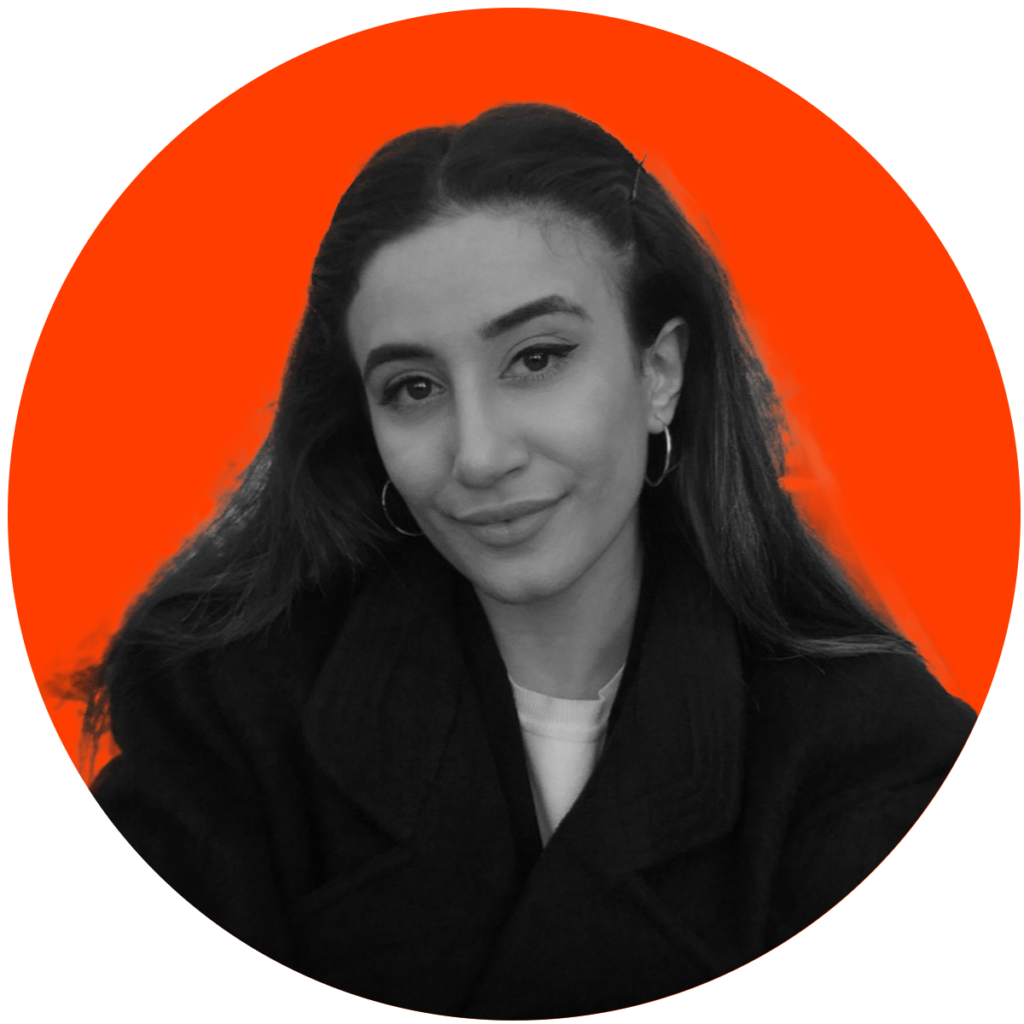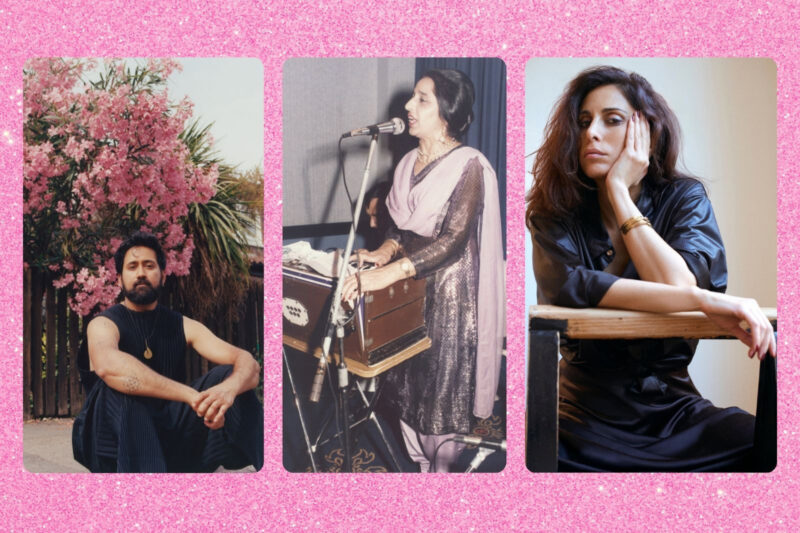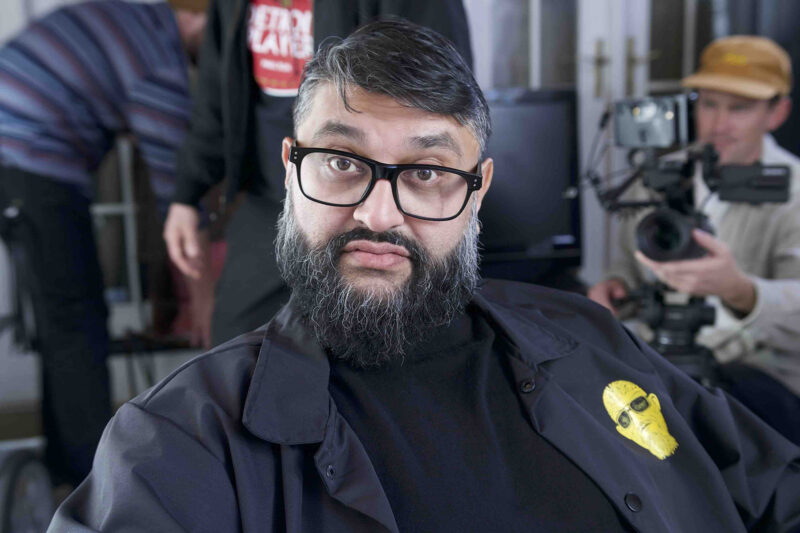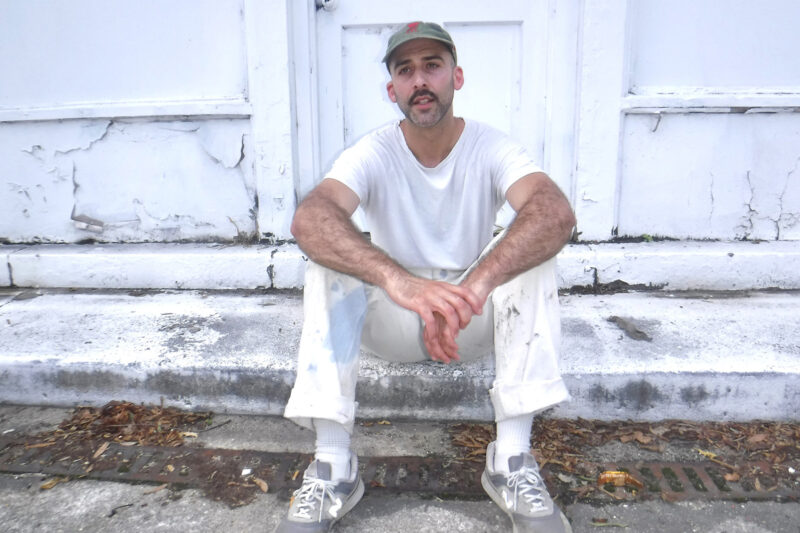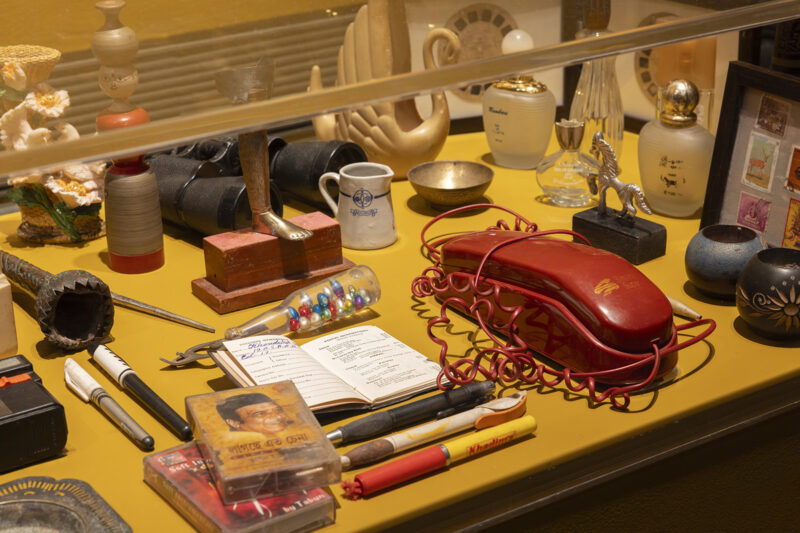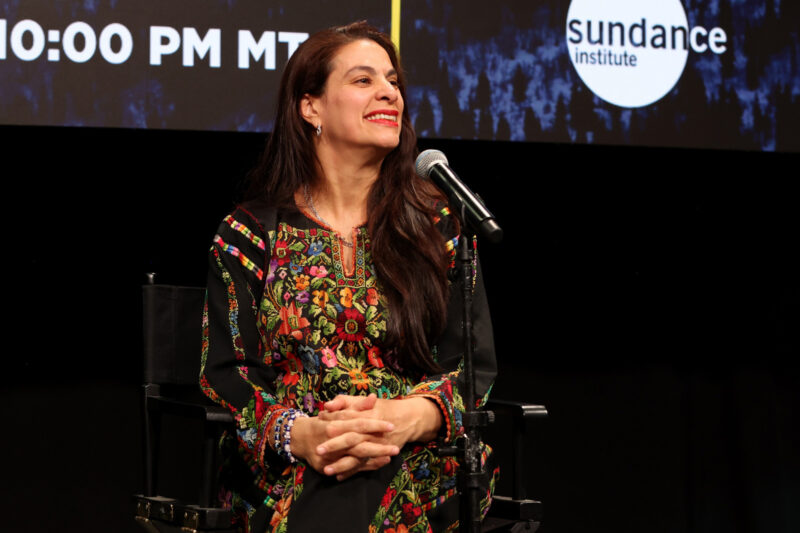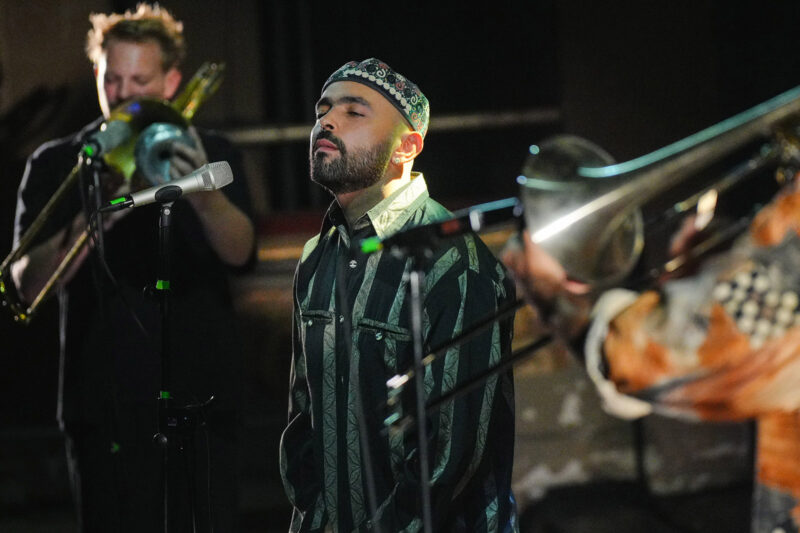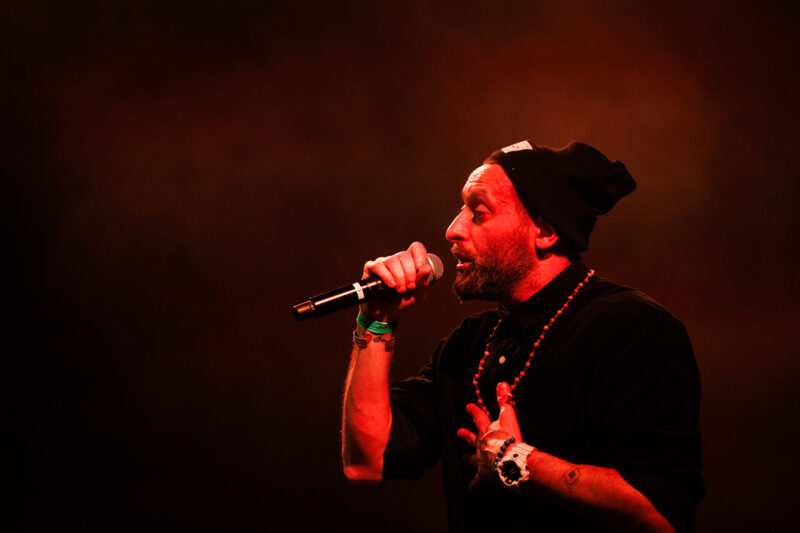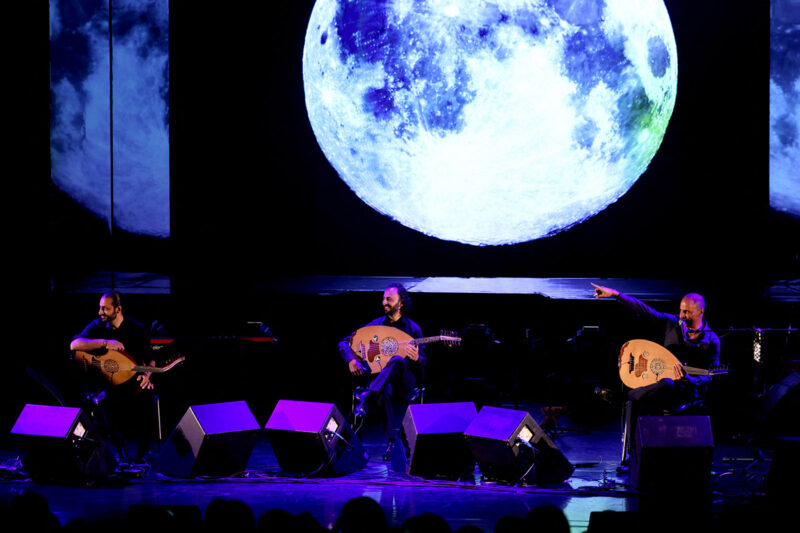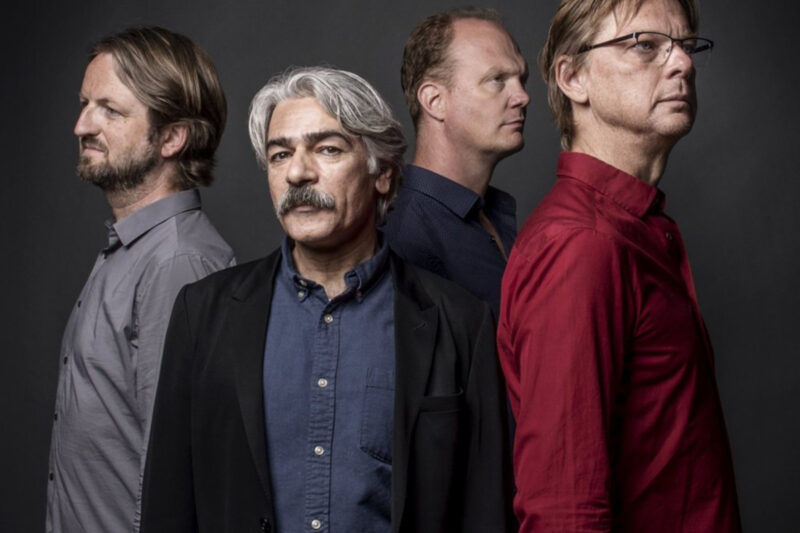Electronic producer Waleed on the universality of dance music
The Iraqi-Puerto Rican artist discusses his musical journey ahead of the release of his debut EP, Magdalena
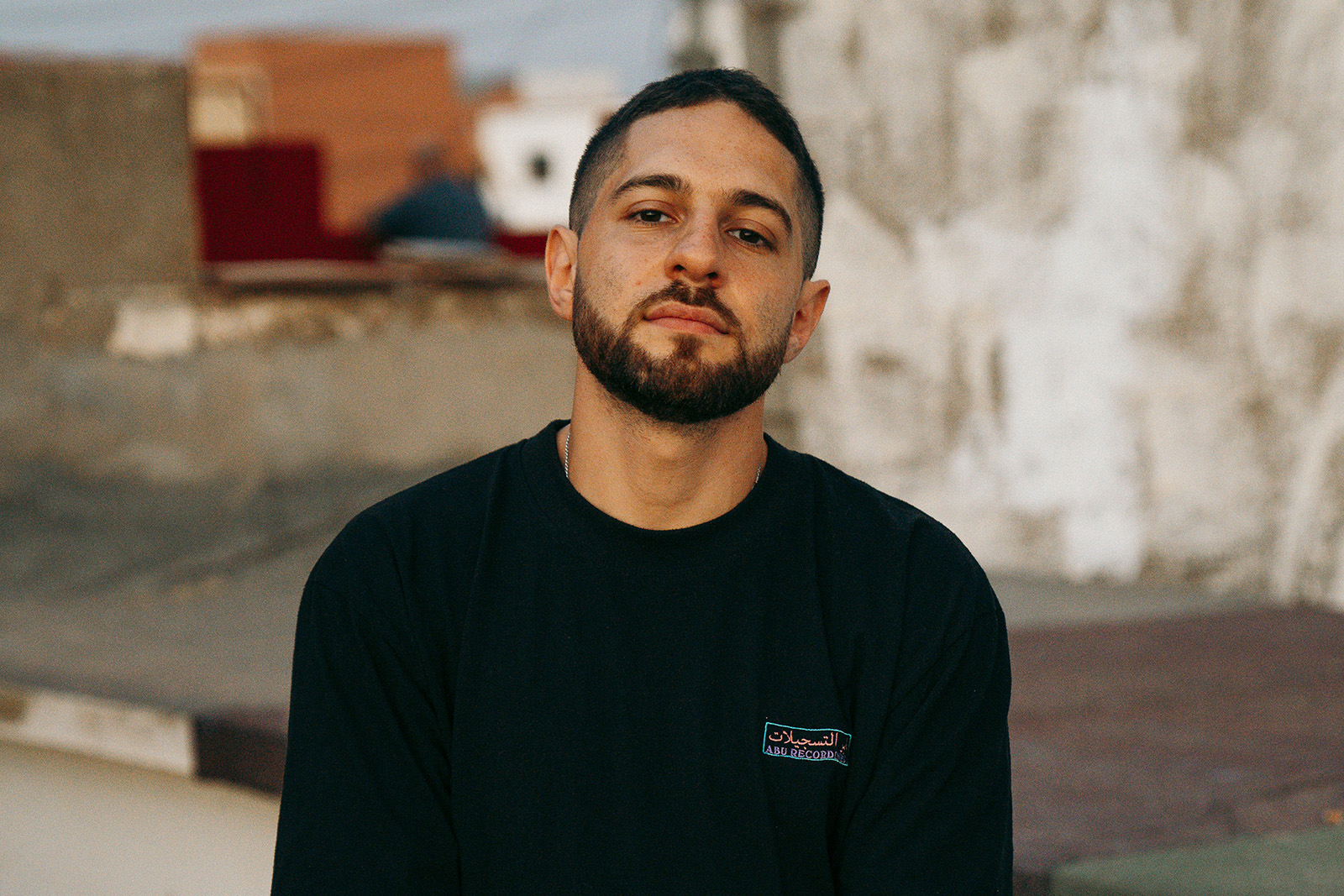
External validation might make electronic music producer Waleed’s day, but it certainly doesn’t define his week. Zachary Waleed Saraf, the Washington DC native-turned Berliner, has been racking up career wins over the past three years. In that time he has claimed a spot on NME’s emerging artists of 2023, DJ magazine recently named him on a list of upcoming talent and his tracks have been endorsed by artists and DJs such as Four Tet and Ben UFO. But increased attention, however flattering, makes Saraf anxious.
“These external things actually make you feel worse, not better. If you dwell on them, they add pressure,” he says on a video call from Washington, ahead of the release of his debut EP Magdelena on 6 December. “Pressure isn’t necessarily a good thing because when you’re making music you want to be in that flow state and not be judgmental.”
Until this point, Saraf, who is of Iraqi-Puerto Rican heritage, has released a limited but well-received selection of standalone tracks. His 2021 debut single Se Rompen is a meditative track inspired by UK garage, with melancholic vocals in Spanish interspersed with ethereal synth melodies and a smooth drum beat. After becoming a sleeper hit, it was reissued by German label City Slang, which signed Saraf in 2022.
Months later he followed up with Sueños, a pacy yet gentle tune. His next release, Diario, was recorded in Seville with a Spanish singer named Clyde, who reads an emotional extract from her diary over the track.
Magdalena, which comprises seven tracks, is Saraf’s attempt to “have fun again” after the early wave of unexpected acclaim generated by Se Rompen.
“Because of how well that track did, it really freaked me out. It actually made making music not fun for a long time,” he says. “I’ve been doing it by myself for such a long time. It was always like this place that I could go to that was just mine. I could live in that safe world because it didn’t matter.”
Magdalena’s titular track approaches youth in a literal way, sampling Guataquí (Berroche), a 2009 song by the Grammy-nominated Colombian musician Martina Camargo against a backdrop of shakers and swirling synths. In the original, the verses switch from Camargo singing to the voice of a young child, which Saraf later discovered was Camargo’s own daughter.
“I found this child’s voice that I really loved. There’s an innocence and a beauty,” he says. “It’s powerful although it’s high-pitched.”
Tonight, the third single, opens with haunting synth sounds before launching into urgent percussion and snare. The track slows down again to make way for soothing yet distorted, almost intelligible, vocals that flutter above the track’s midpoint.
“I always like music where you have this intensity and this noise and grain. But then there’s some beauty there as well,” he says.
Salve, meanwhile, is an ambitious blend of drums and a sample of powerful vocals from an old Dominican tribal song whose name and origin Saraf can no longer trace. It swells into drum and bass as the vocals grow more insistent throughout.
“I’ve always loved those tribal sounds. You can feel the energy and the movement,” says Saraf, noting that western music, including his own, can sometimes be too focused on maintaining a rigid, metronomic sound.
“I was trying to push myself to make dance music and then what came out was not really dance music at all,” he adds. “ I don’t think any of these tracks could really be danced to at a club,”
Instead, Saraf says, his work is an attempt to “capture youth” and the weight of feelings when we’re growing up.
Saraf says he doesn’t listen to much dance music. Instead he has a soft spot for sad songs. Tirzah and King Krule are among the artists he often finds himself reaching for.
“There’s something about that more emo stuff, not in terms of genre, but stuff that has some feeling in it,” he says.
He also listens to a lot of music from the Latin American and Arab world, drawing on his own mixed cultures. For all their differences, Iraq and Puerto Rico both have strong musical traditions, especially when it comes to drums and percussion. While cultural identity is not at the forefront of Saraf’s music, he says he is, at the very least, subconsciously influenced by these sounds and their compositions.
“My mum would listen to a lot of Latin greats — Juan Luis Guerra was one of my favourites growing up. I loved everything he did. And then Marc Anthony. All of these people, she would play them a lot in the car,” he recalls.
On his Iraqi side, Saraf says he would go to his grandmother’s house to watch satellite television and grew fond of Arab game shows and music videos. He listened to Arab icons such as Umm Kulthum but, at the same time, he tapped into contemporary US culture, including artists such as Eminem, Panic! At The Disco and J Dilla.
Playing guitar was Saraf’s first love from age 10. He pivoted towards electronic music, experimenting with trip-hop production in college. Ultimately, it was a move to Europe at the age of 25 that gave him the time and space to develop his sound, living in Madrid and hunkering down with two friends in an attic apartment to hone his craft.
For the past five years Saraf has lived in Berlin, where he has found a home at City Slang — an independent label with an eclectic roster of artists including English electronic producer Gold Panda and Munich-based jazz quintet Fazer.
“It just felt like the right small indie, family-run label to go with. They are really good at what they do,” he says.
Though he has chosen to base himself in a city renowned as one of the world’s electronic music capitals, Saraf is keen to stress a belief that dance music “exists everywhere”. He holds up DJ Babatr, a pioneer of the Venezuelan raptor house scene, and Australia’s DJ Plead who infuses house and bass music with traditional Lebanese percussive elements.
“These cultures have been dancing for such a long time. Regardless of size, shape or form, everyone over there can move their hips,” he says.
 Newsletter
Newsletter

